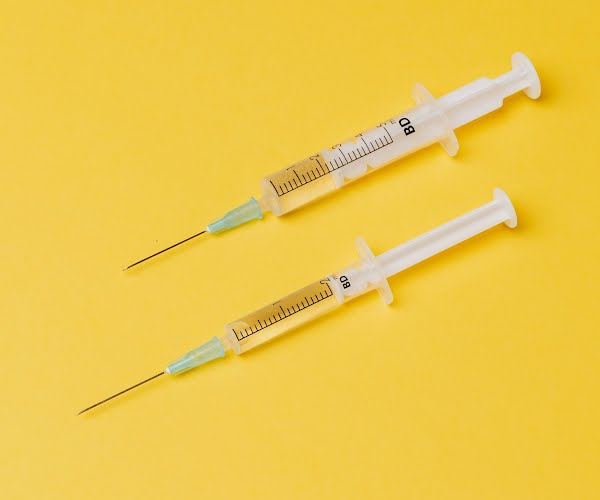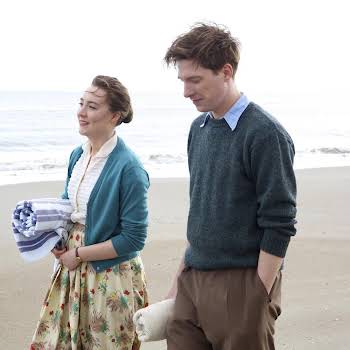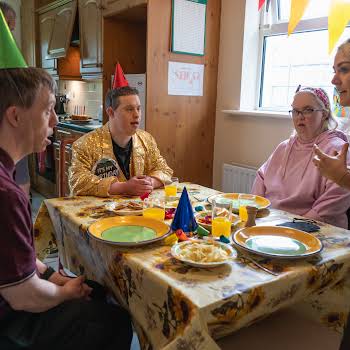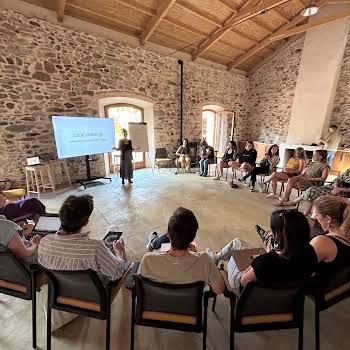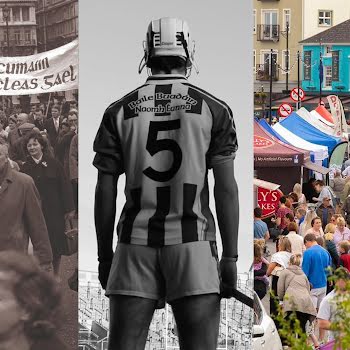
Vaccine war: What row is going on between the UK and the EU?
Both the UK and the EU are engaging in an increasingly fraught stand-off over vaccine supplies. Here's what we know.
22nd Mar 2021
The British media has said that a ‘vaccine war’ may play out, thanks to the ongoing dispute between Anglo-Swedish pharma company AstraZeneca and the EU over the multinational’s supply of the Oxford/AstraZeneca Covid-19 vaccine. The European Union’s delivery of COVID vaccines has been far slower than the rollout in the UK, where more than 26 million adults have now had their first dose.
The Oxford-AstraZeneca vaccine, which is cheaper and easier to store than the other two approved vaccines, is seen as critical to ending the pandemic.
On Saturday, EU Commission President Ursula von der Leyen threatened to halt exports of AstraZeneca’s Covid-19 vaccines if the bloc did not receive its promised deliveries first, escalating a row that has fanned an already tense relationship since Brexit.
“Underproduced and underdelivered”
With the EU facing a third wave of the coronavirus pandemic and less than a tenth of its population vaccinated, the European Commission president accused AstraZeneca – which helped develop the Oxford University vaccine – of having “underproduced and underdelivered” to the bloc. She warned she was “ready to use whatever tool we need” to ensure “Europe gets its fair share”.
The European Commission, which has coordinated the order of vaccines for all 27 EU countries, said it had exported some 35 million doses since the end of January, including 10 million to Britain, but Britain had exported none, despite two UK facilities featuring in the EU contract with AstraZeneca.
In response, Downing Street said they were fulling their contractual agreements and they expected the EU to do the same. “There should not be restrictions on the export of vaccines by companies where they are fulfilling, contractual, responsive committees,” they said.
“The supply of vaccines from EU production facilities to the UK is indeed fulfilling contractual responsibilities.”
Critics of der Leyen’s comments have asked why the Commission was effectively sparking a “vaccine war with the UK” over exports of the Oxford-AstraZeneca vaccine, given that a large number of doses are lying unused in some member states due to fears over side-effects.
On our shores, Micheál Martin has warned that any European Union restrictions on vaccine exports would be a “retrograde step” that could undermine the supply of raw materials for vaccine production.
NEW: Irish PM @MichealMartinTD on the radio this lunchtime making clear he is against any export ban
“If we start that, then we are in trouble”
“It would be counterproductive”
Taoiseach says it is “vital” that supply lines are kept open
— Darren McCaffrey (@DarrenEuronews) March 22, 2021
He told RTE radio that representatives of vaccine-maker Moderna had expressed concern to him that EU export restrictions on vaccines might impact its supply of raw materials for vaccine production.
So far, more than than 10% of the population here has received at least their first dose of a Covid jab, but experts have warned it could be September to November before the widespread vaccination programme was completed because of vaccine supply issues.











